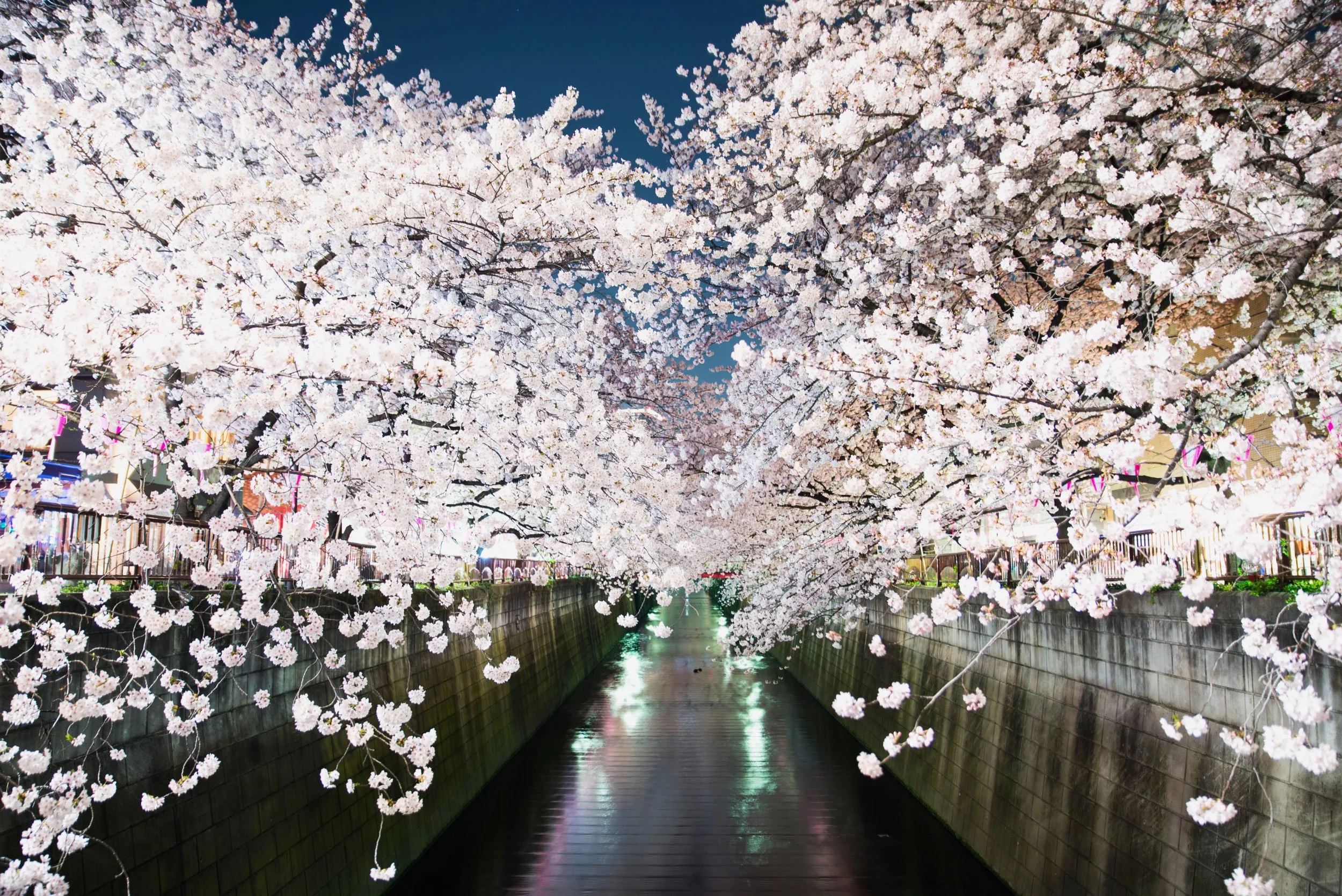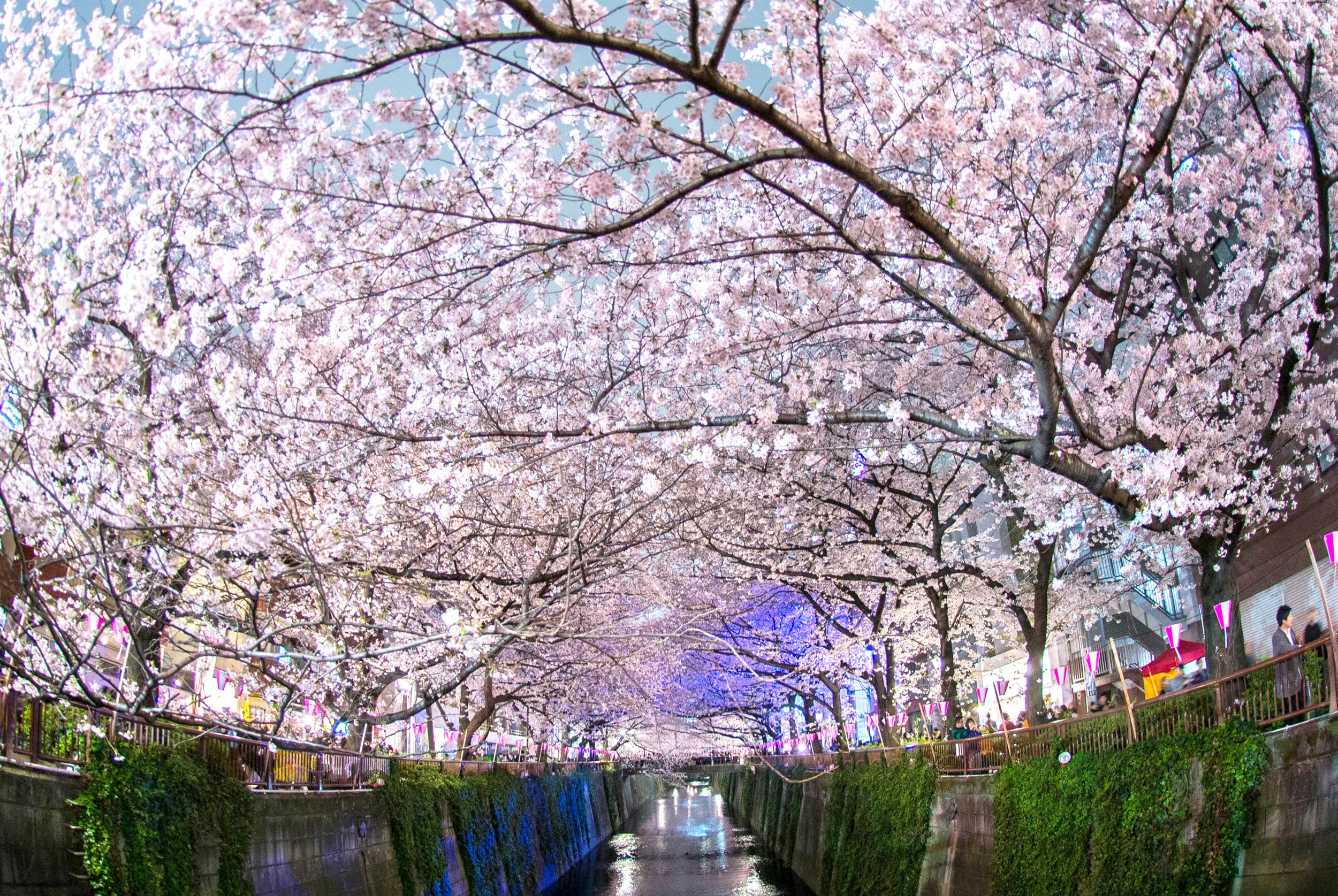Nakameguro, Tokyo: Starbucks Reserve Roastery
A premium Starbucks experience with a unique, Japanese twist at their second largest location in the world.
Shimotakaido, Tokyo
A residential area in the Setagaya Ward, it has some nice kissaten coffee shops, cherry blossoms, and is where I first lived in Tokyo.
Tokyo: Best Cherry Blossom Spots
Must-see cherry blossom locations around Tokyo - popular spots, lesser known areas and one that’s only open for 3 hours.



